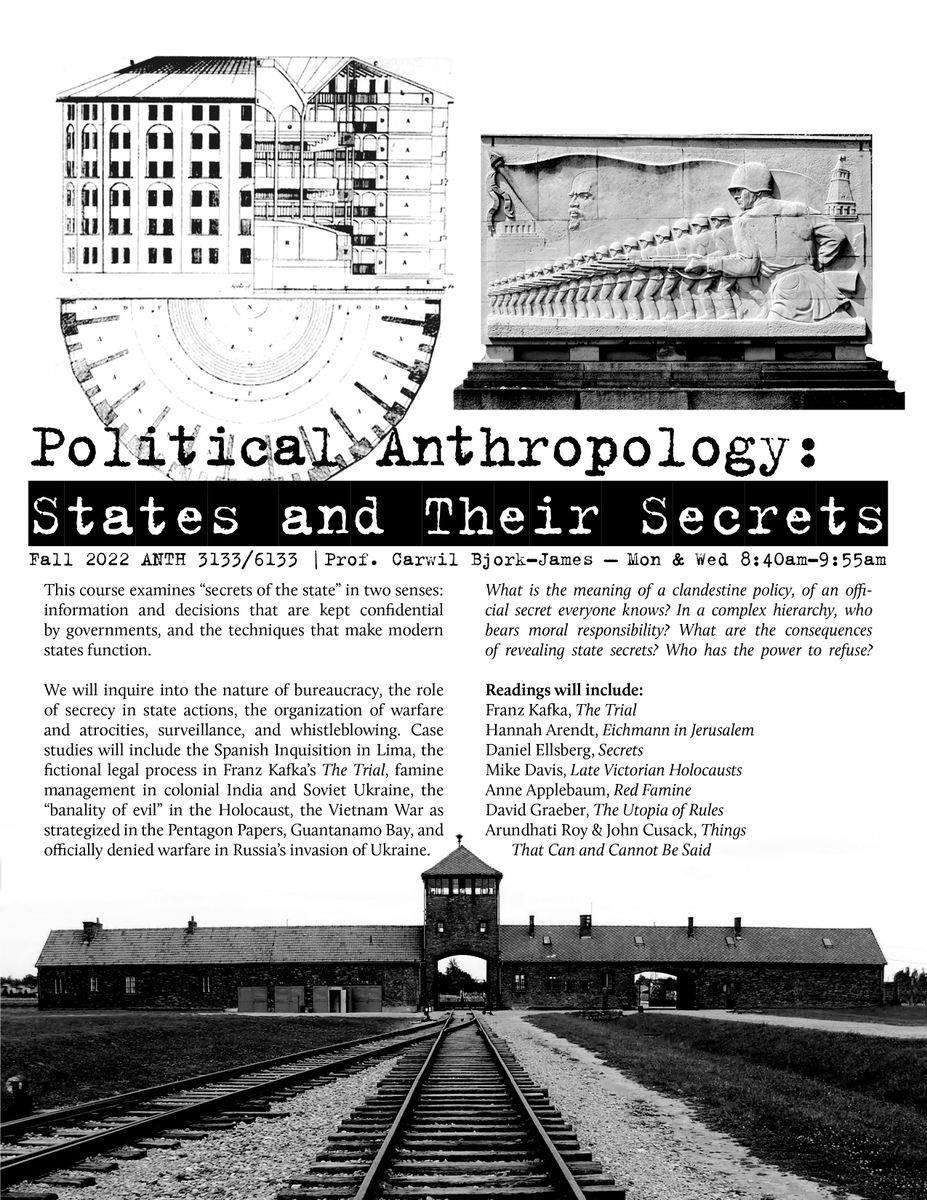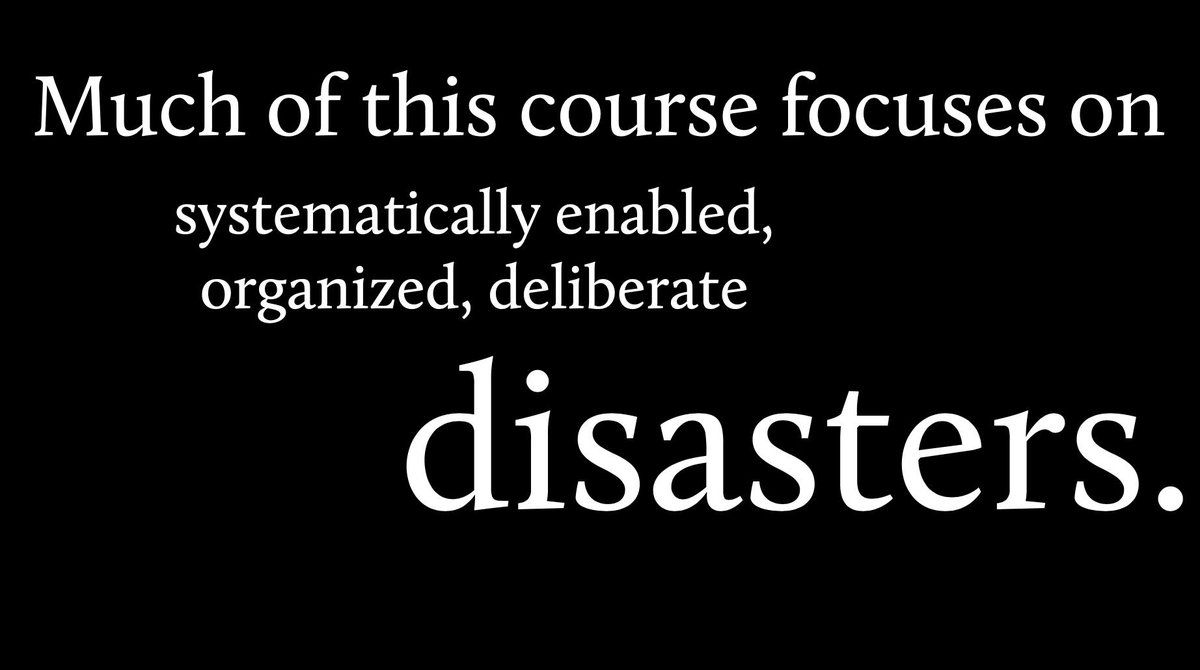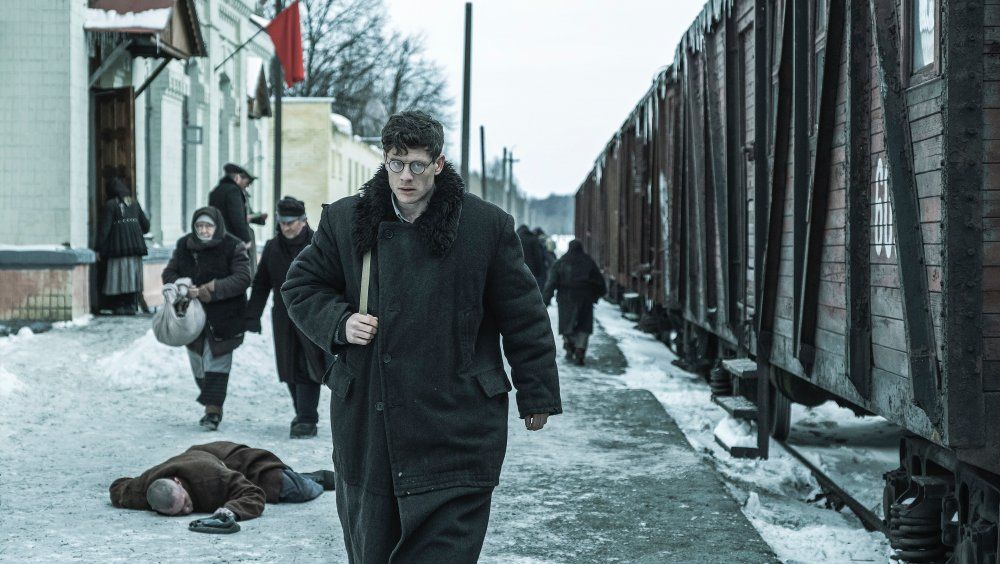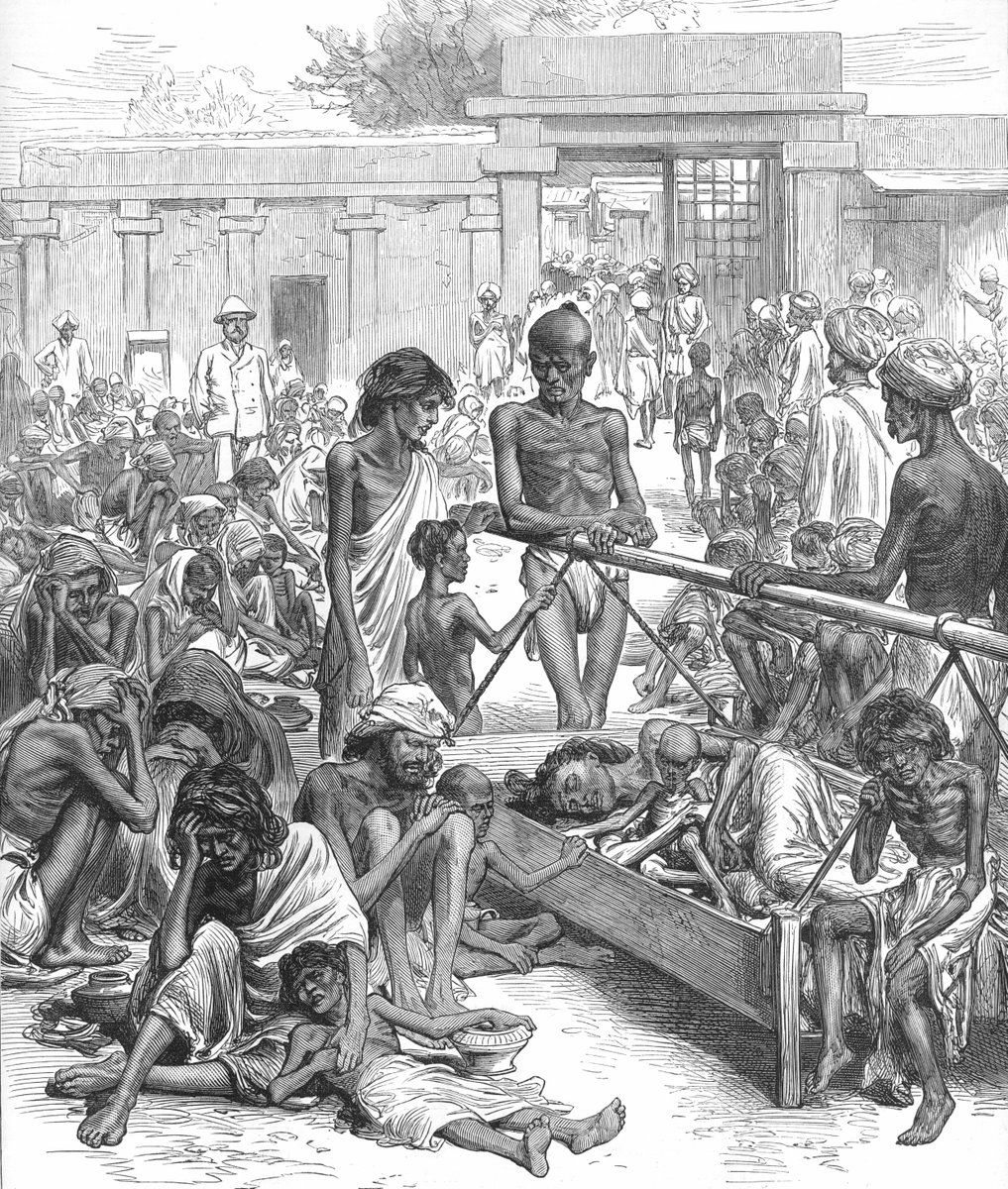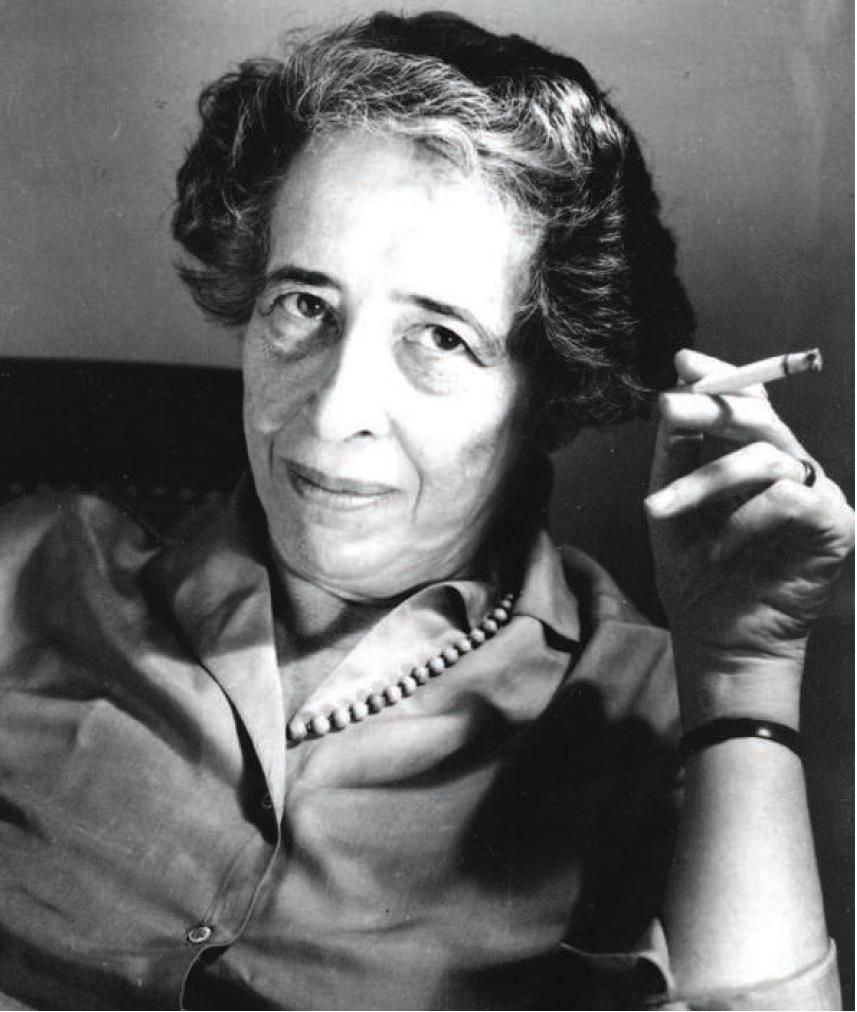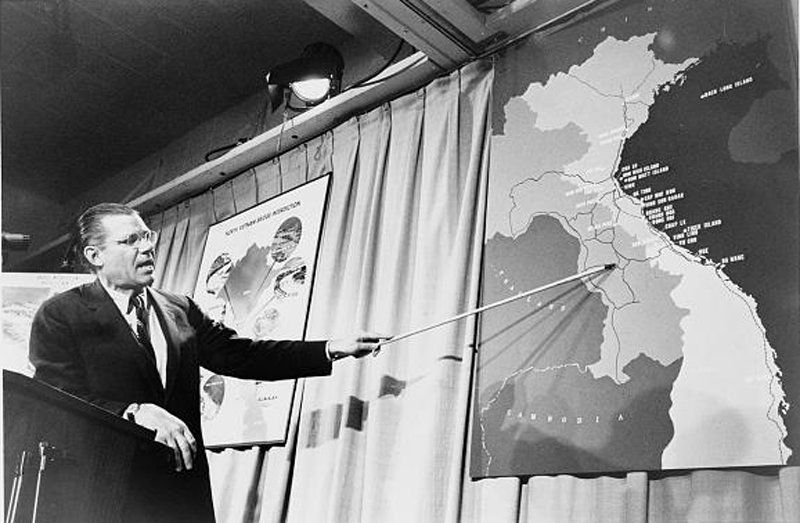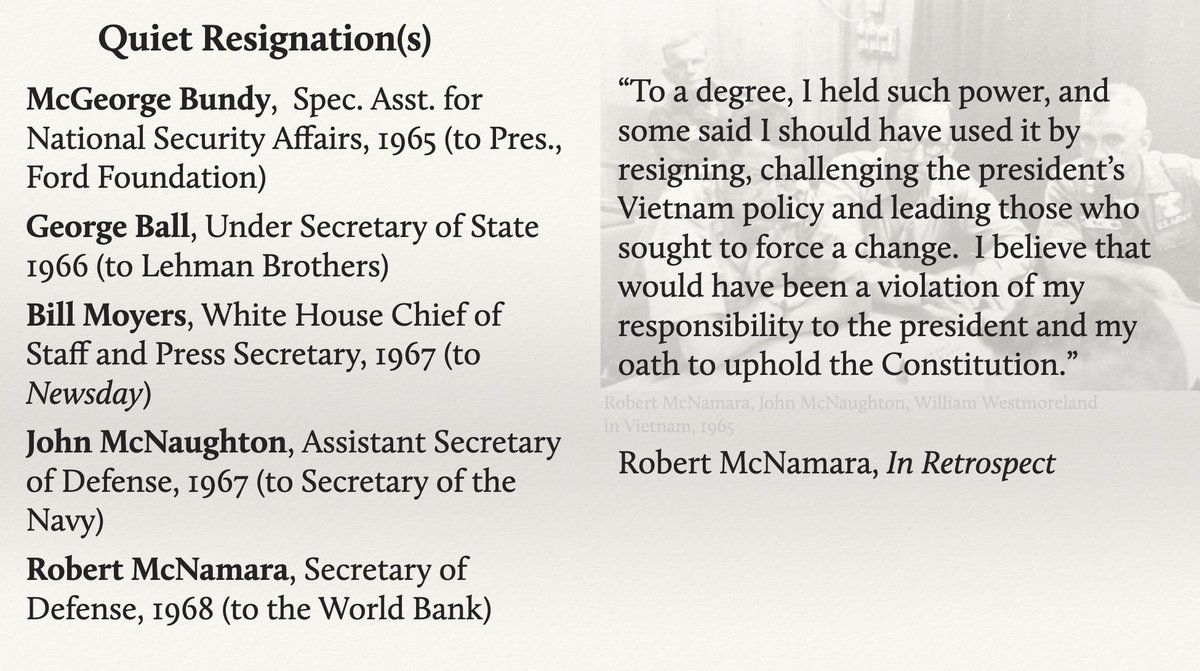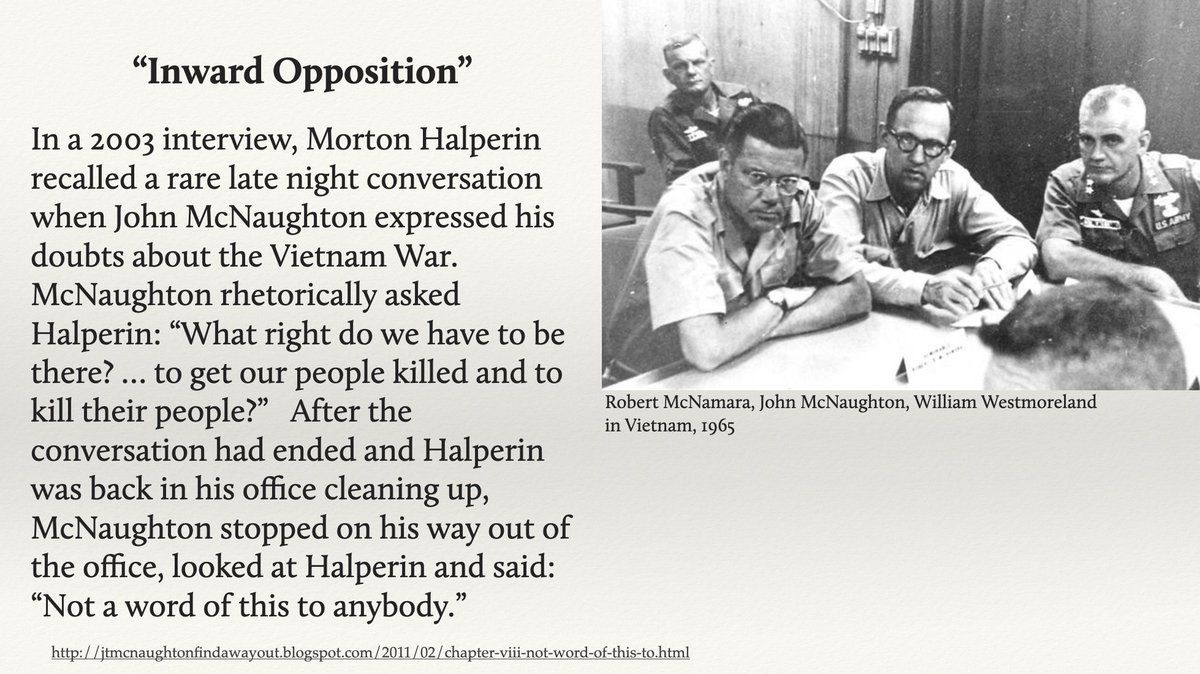-
This course is a careful balance among critiques of liberal/colonial, Nazi, and Soviet states, because most people believe that only other's political ideologies are responsible for unfathomable cruelty.
-
The other challenge is to balance looking crimes against humanity in the face and showing how non-compliance and disruption have overcome them.
-
Bureaucrats are expected to comply with superior orders, "even if the order appears wrong to him… Without this moral discipline and self-denial, in the highest sense, the whole apparatus would fall to pieces," as Max Weber wrote. We look at how disastrously this can go wrong.
-
But also at how people can resist as well as succumb to this pressure. The memoir Secrets, of how @DanielEllsberg was moved to leak the Pentagon Papers, is the lead example in the course.
-
The goal of looking into this dark mirror is to ask: How do we understand ethics and responsibility in the context of a highly elaborate structure of power? Who has the responsibility to object? Who has the power to refuse?
-
And most importantly, How do we reckon with the power and dangers of the modern state?
-
Oh, and we'll draw on this fascinating book of conversations among Arundhati Roy, @johncusack, @Snowden, @DanielEllsberg. theguardian.com/lifeandstyle/2015/nov/28/conversation-edward-snowden-arundhati-roy-john-cusack-interview
-
If I have my own hidden argument within the course, it's this: most of the things that make states dangerous, and the unthinkable possible, are techniques that are appropriated across ideologies:
-
courts, statistics, identity papers, censuses, maps, imprisonment, bureaucratic hierarchies, surveillance technologies, military doctrines and strategies.
-
These "secrets of the state" are as important as state secrecy (information and decisions that are kept confidential by governments) to understanding the risks we face.
